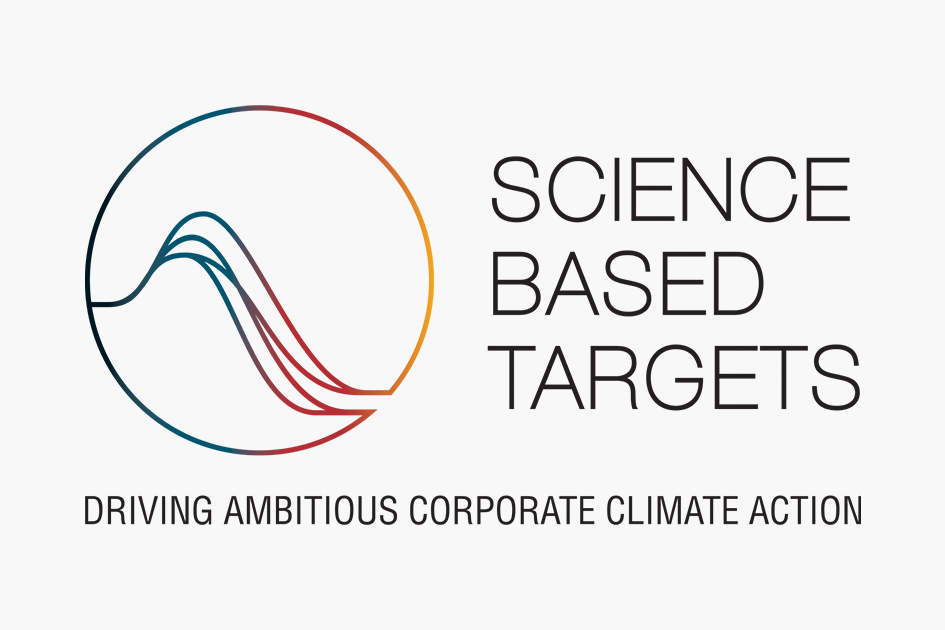These approved SBTs are:
| Scope 1 and 2 GHG Emissions Intensity | Scope 3 GHG Emissions Intensity | Scope 3 GHG Emissions Intensity |
|---|---|---|
| per sqm, by 2025 | Downstream Leased Assets | Capital Goods |
| per sqm, by 2030 | per sqm, by 2030 | per sqm, by 2030 |
| from a 2018 baseline year | from a 2018 baseline year | from a 2016-2018 baseline year |
Scope 1 and 2
GHG Emissions Intensity
GHG Emissions Intensity
per sqm, by 2025
per sqm, by 2030
from a 2018 baseline year
Scope 3
GHG Emissions Intensity
GHG Emissions Intensity
Downstream Leased Assets
per sqm, by 2030
from a 2018 baseline year
Scope 3
GHG Emissions Intensity
GHG Emissions Intensity
Capital Goods
per sqm, by 2030
from a 2016-2018 baseline year
Our strategies to achieve these targets are as follows:
Scope 1 and 2 emissions:
- Continuously adopt innovative low-carbon technologies and management practices
- Enhance energy data tracking and optimisation through our cloud-based smart energy management platform and application of artificial intelligence and machine learning
- Invest in on-site and off-site renewable and clean energy procurement
- Invest in research and development through our continuing partnership with Tsinghua University
Scope 3 emissions:
- Downstream Leased Assets
Work with tenants more closely to reduce their carbon and energy footprints, via free energy audits, our Green Kitchen Initiative and the introduction of smart metering systems. - Capital Goods
Work with our supply chain partners to reduce the carbon and energy footprints throughout the life cycle of our buildings through procuring building materials with lower embodied carbon, optimisation of building design and better site management.
24Previously known as the Carbon Disclosure Project.

